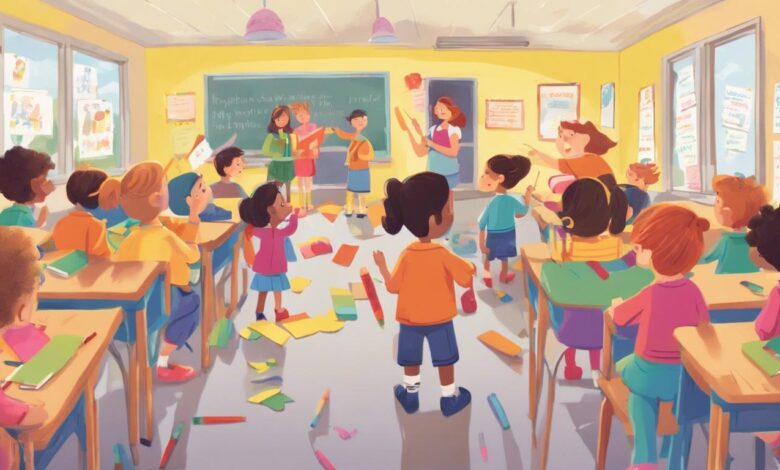Controversial teaching method sparks debate at Selly Oak primary school

An unconventional educational strategy at Water Mill Primary School leads to discomfort and outrage among parents, highlighting wider issues of behaviour and discipline in English schools.
In a unique educational approach at Water Mill Primary School in Selly Oak, controversy arose when Year 6 pupils were found without chairs in their classroom, an initiative inspired by the book “The Day the Crayons Quit”. The school sought to create an engaging learning experience by simulating a scenario where the chairs were “on strike”. However, the execution of this creative teaching method led to frustration among parents, some of whom removed their children from the school citing health and safety concerns as students were left sitting on the floor or desks. The situation escalated when parents confronted school leaders about the derogatory language used in letters to the pupils, describing them as “horrible” and “selfish”. School authorities initiated an investigation into the incident, and the deputy headteacher, Mr. Hill, defended the educational tactic in an email to parents, emphasizing its usage across schools in the country.
This event occurs against a backdrop of growing concern over pupil behaviour in England, with incidents ranging from verbal abuse to physical assaults on teachers becoming more frequent. A BBC survey highlighted that nearly one in five teachers reported being physically assaulted by students within the year. The Covid-19 pandemic appears to have exacerbated behavioural issues, with younger children increasingly engaging in troublesome actions such as spitting, swearing, and chair-throwing. To counteract declining behaviour, some schools, including St John Fisher Catholic Academy in West Yorkshire, are implementing stricter rules and incentives for positive behaviour, which have shown promising results. The Department for Education acknowledges the severity of the situation and has committed to taking necessary actions to improve school environments, though educators and unions are calling for greater support and resources to effectively manage these challenges.








